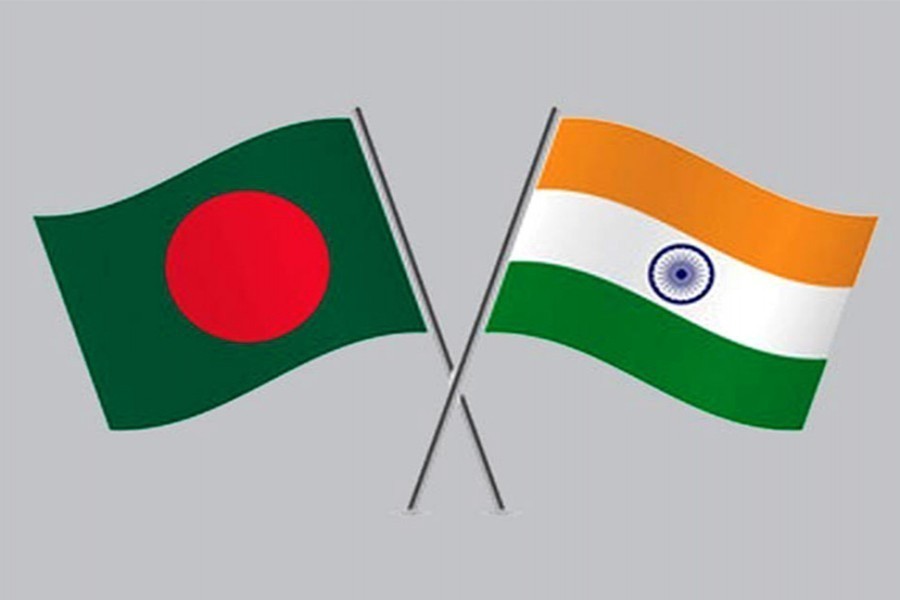Water sharing issue to figure in JCC meeting
Bangladesh wants Teesta deal signed first

Published :
Updated :

Bangladesh is unlikely to go for inking any agreement with India on water sharing of the Feni River leaving the Teesta deal pending, officials concerned said.
"In recent times, India has been pushing us to start negotiations on water sharing of the Feni, but we said Teesta is our first priority," a foreign ministry official familiar with the developments told the FE.
Water sharing of the common rivers will be a major issue in the upcoming Joint Consultative Commission meeting scheduled to be held on September 29.
Bangladesh foreign minister Dr AK Abdul Momen and Indian Foreign Minister S Jaishankar will lead their respective sides in the JCC meeting to be held through virtual platform.
When contacted, Dr Momen told the FE on Tuesday that Bangladesh wants comprehensive solution for all the common rivers.
"We do not believe in setting conditions, but definitely if we can have the Teesta deal signed, it would pave the way for resolving water sharing issues of other rivers quickly."
The Feni River has originated in Tripura hill range and then flows 116 kilometres to fall into the Bay of Bengal.
Before entering Bangladesh at Belchhari of Matiranga upazila of Khagrachhari district, the river marks the border of the two countries separating Tripura and Chittagong Hill Tracts.
From its origin, it flows southwest marking the boundary with the Chittagong Hill Tracts, then flows west, separating Tripura from Chittagong up to Aliganj and then emerges out of the hills and passes through the plains.
During the Pakistan era, the then governments claimed that the bordering part of the Feni River belongs to the East Pakistan side.
But since 1958, India is using the bordering part of the river, claiming its right up to the midstream.
The first breakthrough on Feni River was made when a memorandum of understanding was signed on October 5, 2019 between the two countries during Bangladesh Prime Minister Sheikh Hasina's visit to India.
As per the MoU, Bangladesh allowed India to withdraw 1.82 cusec (cubic feet per second) water from the Feni River for a drinking water supply scheme for Sabroom town in Tripura.
"The deal was made out of a unique humanitarian gesture from the part of Prime Minister Sheikh Hasina but we cannot go for a water sharing deal on Feni without Teesta deal being signed" a high official of the foreign ministry said. The issue was raised by the Indian side during water secretary-level talks between the two countries.
Bangladesh offered to exchange information on the water flow and other related issues of last 15 years. Apart from the Teesta, both the countries agreed to sign water sharing deal for six other common rivers including the Manu, Muhuri, Khowai, Gumti, Dharla, Dudhkumar, and Feni.
India tends to put Feni before the Teesta in recent times, arguing that Teesta would be inked after resolving their domestic political problem with the West Bengal government, officials concerned said.
But Bangladesh has its own political compulsion also, experts said. After signing of the MoU on providing drinking water to Tripura from the Feni River, Indian civil society also confessed that they could not reciprocate Bangladesh's gesture by failing to ink Teesta deal.
High-ups in the foreign ministry said they are expecting something positive about water sharing of the common rivers.
Experts said India wants water sharing deal on Feni River so that it can implement several irrigation schemes. It also offered to finance river erosion prevention projects for the Feni River under the deal.


 For all latest news, follow The Financial Express Google News channel.
For all latest news, follow The Financial Express Google News channel.